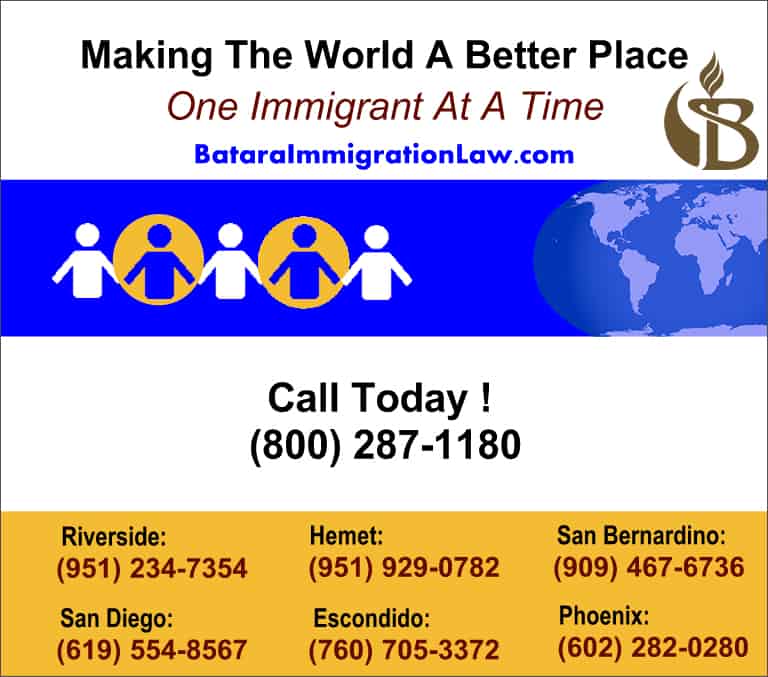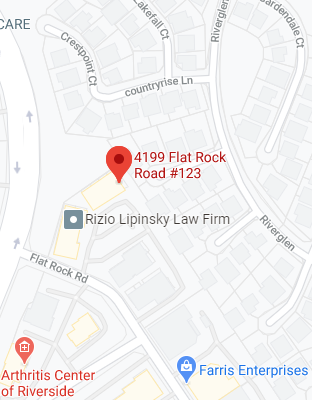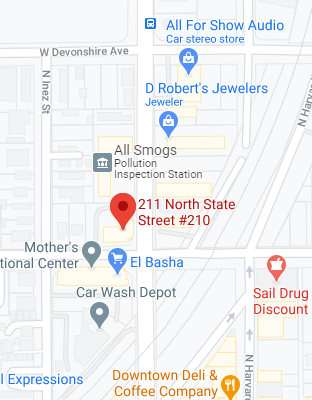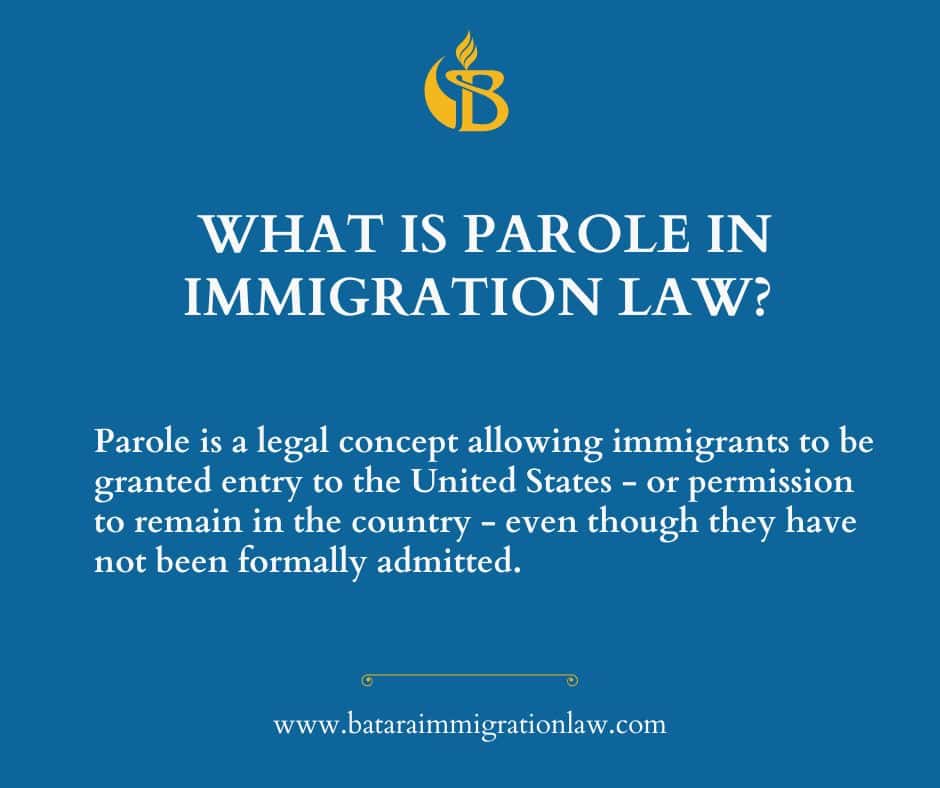
On June 18, 2024, President Biden announced a new program entitled “Process To Promote The Unity And Stability of Families”, for immigrant spouses of U.S. citizens.
The proposal relied on a concept known as Parole-In-Place, one of the three different types of parole used in immigration law.
Under parole-in-place, immigrants are already in the U.S. – who have not been admitted – are allowed to remain in the United States. Generally, this form of parole has been reserved for specific family members of a current or past member of the U.S. military.
On November 7, 2024, the Biden proposal was struck down by a federal court. Nonetheless, parole remains an important concept for immigrants to understand.
The Meaning Of Immigration Parole
In short, parole is a legal concept allowing immigrants to be granted entry to the United States – or permission to remain in the country – even though they have not been formally admitted.
The benefits are limited and temporary.
To better understand the meaning of parole in immigration law, it is helpful to contrast it with the concepts of entry and admission.
A person can enter the U.S., and even be living in the U.S., without having been legally admitted.
If a person has made a lawful entry, this means they have been inspected and authorized to come into the country. This is deemed a lawful entry.
Being admitted means the person has made a legal entry.
Parole, on the other hand, allows immigrants to enter or live in the U.S., as if they have been admitted, for a temporary period, even though they have not made been admitted.
It is not an amnesty.
Immigrants who have entered with a tourist or school visa are not eligible. Parole is only available to immigrants who have not been legally admitted.
This means those granted parole, being undocumented, who seek a green card must win a waiver based on hardship to the U.S. citizen spouse – a difficult, difficult endeavor.
No honest and knowledgeable advocate or opponent of immigration reform would assert otherwise.
Three Types Of Parole In Immigration Law
In addition, there are three different types of immigration parole.
- Humanitarian Parole
- Advance Parole
- Parole-In-Place
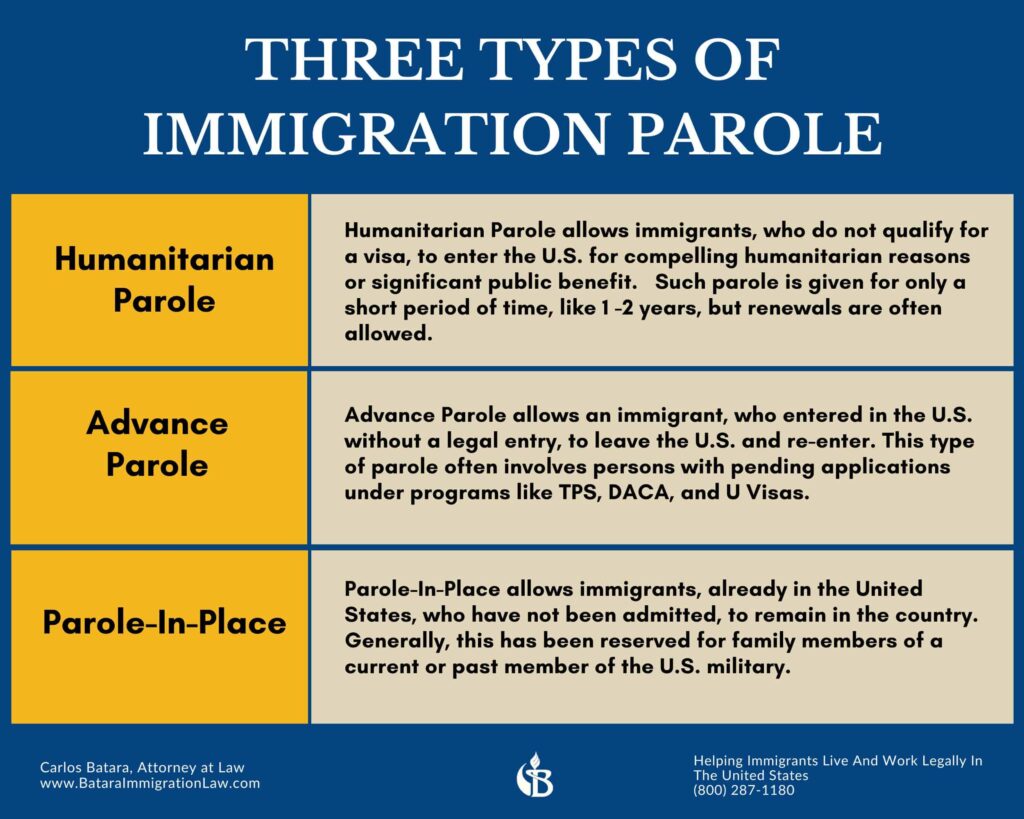
Although the legal authority for all forms of parole is derived from the same section of immigration law, INA 212(d)(5)(A), the requirements for eligibility differ from each other.
Humanitarian Parole
This allows immigrants, who do not qualify for a visa, to enter the U.S., for compelling humanitarian reasons or significant public benefit. Such parole is usually given for only a short period of time, most often a maximum of two years (although renewals are often allowed).
Significant public benefits include family reunification, especially for minors, medical care, or emergencies (also usually medical), and important public benefit activities, such as matters pertaining to law enforcement and national security matters.
Examples of past family parole include the Filipino World War II Veterans Program, the Cuban Family Reunification Program, and the Haitian Family Reunification Program.
Advance Parole
Under this mechanism, an immigrant, who entered in the U.S. without a legal entry, is allowed to leave the U.S. and re-enter. This type of parole often involves persons with pending applications under programs like Temporary Protected Status U Visas, and DACA (Deferred Action For Childhood Arrivals).
These parole requests must be based on certain humanitarian reasons, including personal, educational, and business reasons, as well as family emergencies. However, applicants must be careful because the reasons for their request may undermine their pending application.
Parole-In-Place
This form of parole enables immigrants, already in the U.S. – who have not been admitted – to remain in the United States. Generally, this has been reserved for specific family members of a current or past member of the U.S. military.
As noted earlier, this was the type of parole utilized by the Biden Administration in its’ failed effort to develop a green card pathway for immigrant spouses of U.S. citizens.
Recommended Reading:
Ready to take a serious and honest look at the strengths and weaknesses of your immigration case? Let’s get started with a personalized strategy and planning session . . .
Here's How It Works
1
Call Our Office
Immigration law doesn’t have to be confusing. You don’t have to live in fear of being deported and separated from your family. A comprehensive 30-minute Strategy And Planning Session will take the stress out of not knowing your options first-hand.
2
Meet With Carlos
Every case is unique. We refuse to take cookie-cutter approaches to your case. After we discuss the ins and outs of your immigration and family situation, Carlos will outline your chances for success and how to overcome obstacles standing in your way.
3
No Pressure - No False
Promises
Hiring a lawyer is a big investment, and we will not pressure you to hire us or push you into a plan you don’t understand. If we cannot help you, we will tell you. We will not take your case, unless we believe we can make a difference for you and your family.
